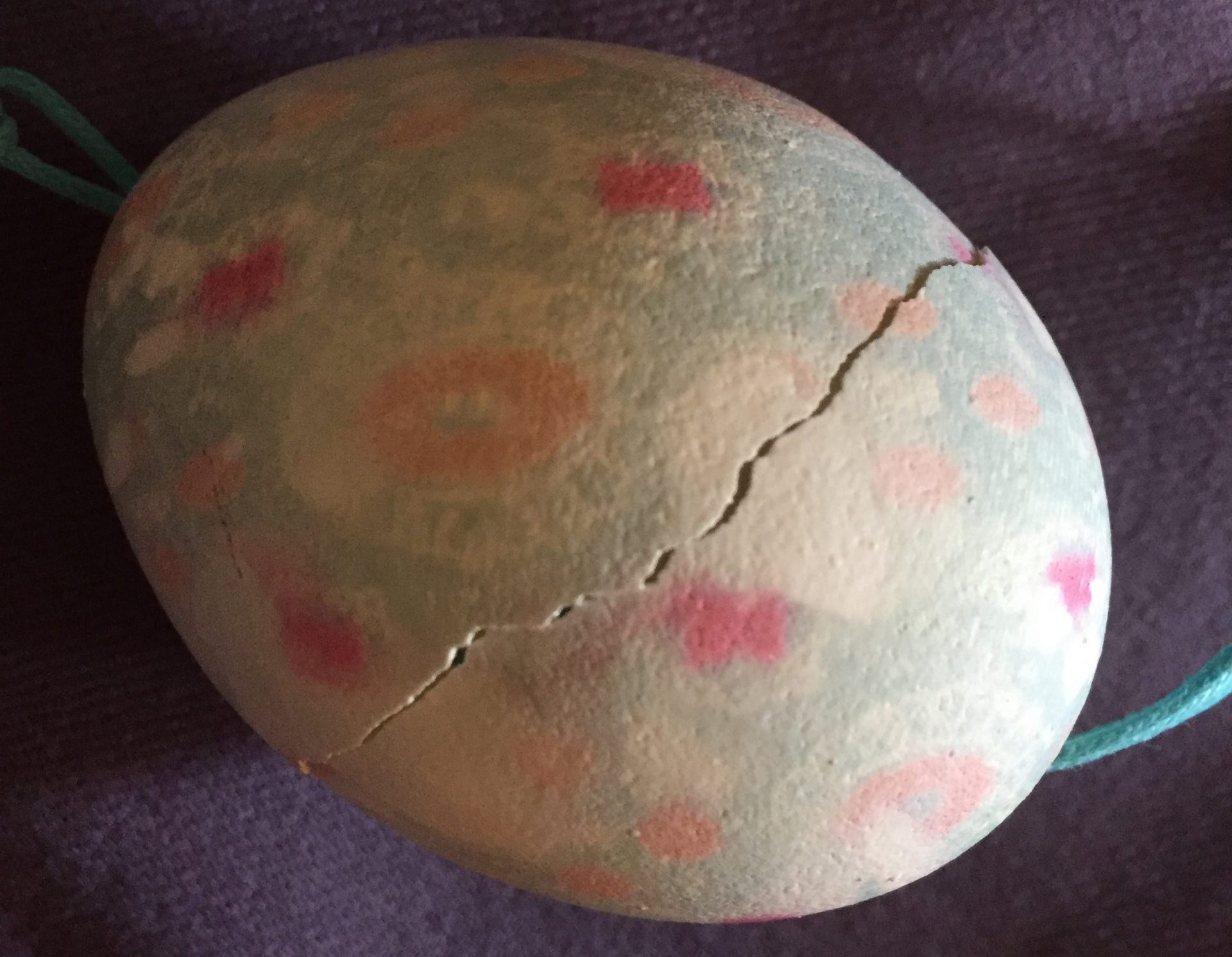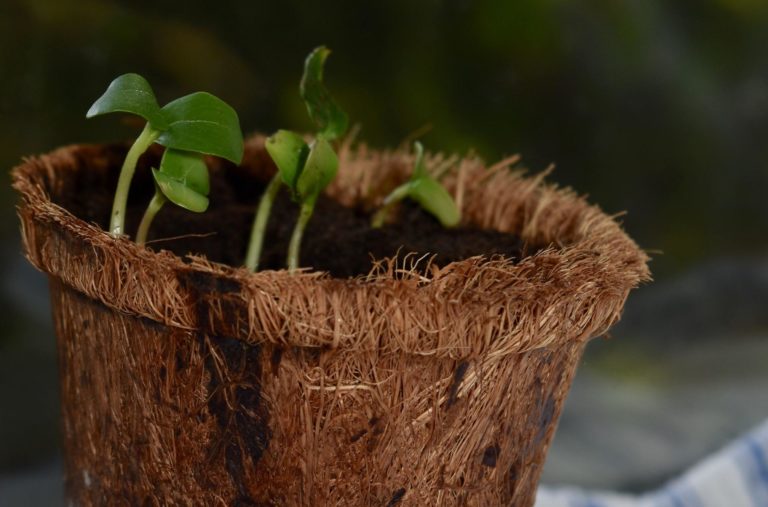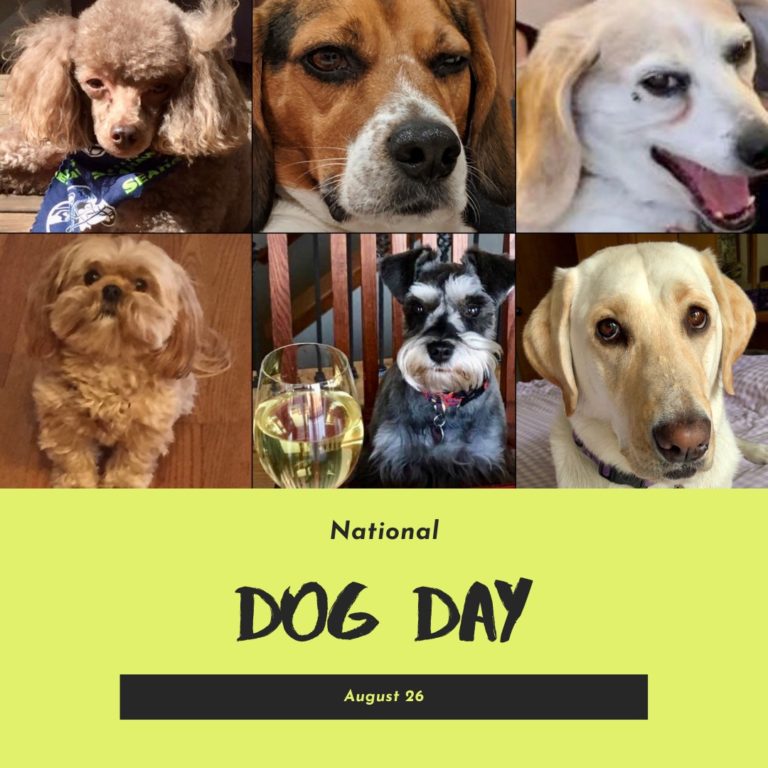Self-Compassion – Letting go of perfectionism
Maybe you’re a perfectionist or a recovering perfectionist, like me. There are a lot of us. At some earlier time in our lives, we came to believe We are what we accomplish and how well we accomplish it. We were likely praised for achievements in school (grades, honors), accomplishments in extracurricular activities (music, art, sports, etc.), or for being really good at something else like following rules, pleasing others, looking polished and attractive. And being really good was not only reinforced, it shielded us from blame, judgment and criticism, and shame. It also may have kept us from believing that Who we are is enough, which leads to an imbalance between Doing and Being, and doesn’t support our mental, emotional, or physical well-being.
Perfectionism
According to Brené Brown, social scientist and researcher, perfectionism is one of any number of shields we use to armor ourselves against vulnerability. Perfectionism is addictive (because it is reinforced via the approval of others) and exhausting, because it involves performing, constantly. And, it’s unattainable – no one and nothing are perfect. Perfectionism actually crushes creativity and hampers achievement because we are worried about criticism from others and we’re afraid of failing. It sometimes paralyzes us and causes us to miss opportunities to grow and to be seen for who we really are – to be authentic and be appreciated at our essence. It’s no surprise that perfectionism and the focus on obtaining the approval of others is correlated with anxiety and depression. In contrast, we can be more self-focused in how we can improve, and we can strive for excellence and continue to grow in healthy ways that honor ourselves and others.
Ring the bells that still can ring
Forget your perfect offering
There is a crack, a crack in everything
That’s how the light gets in
That’s how the light gets in
That’s how the light gets in
Leonard Cohen – excerpt from the song Anthem, from his album The Future
Allowing ourselves to be imperfect lets us be our authentic selves. Acknowledging and accepting our “cracks” lets others in, and lets our light shine out. Kintsugi (https://en.wikipedia.org/wiki/Kintsugi ) is the Japanese art of repairing broken pottery by using lacquer mixed with powdered gold, silver, or platinum to mend the cracks. The process treats breakage and repair as part of an object’s history, rather than something to hide. As a practice, kintsugi is similar to wabi-sabi, the Japanese philosophy of embracing the imperfect, and no mind, which includes the acceptance of change as part of life… all mindful ways of being 😊
Letting go of perfectionism by practicing self-compassion
One of the antidotes for perfectionism is shifting from the question: “What will people think?” To “I am enough”. This is a kinder, more self-compassionate approach to living. Kristin Neff, a researcher and professor whose specialty area is self-compassion (www.self-compassion.org ), describes self-compassion as being composed of self-kindness, common humanity, and mindfulness. We can be warm and understanding towards ourselves when we struggle or fail, like a loving partner/parent/friend would. We can recognize that imperfection, struggle, and failure are part of the human condition that we share with others. And we can be aware of and acknowledge our feelings, across the continuum of emotions, without identifying with them (we are not our feelings and thoughts).
When we stop doing or pushing ourselves to do everything perfectly, there is a rich awakening to being present, and an opportunity to embrace the only moment we really have to live, love, and to effect change.
Enough
Enough. These few words are enough.
If not these words, this breath.
If not this breath, this sitting here.
This opening to life
we have refused
again and again
until now.
Until now.
~ David Whyte, from Where Many Rivers Meet
Creating to Counter Perfectionism
One of the best ways to counter perfectionism is to create. In creating, we allow ourselves room to experiment and to learn as we go. We give ourselves permission to explore and experiment and to be doing something well enough rather than perfectly. And we don’t have to focus on what others think – we can enjoy being in the process of creating, whether we are doodling or creating a work of art, building something, making an attractive space in our home, cooking a meal, or finding a new solution to a problem or challenge.
The Invitation
What will I dare to create?
I’m going to paint rocks that I’ve collected from rivers and ocean shores… and I’m going to let them be imperfect and call it good enough. I’ll share some photos next time.
How can I be more self-compassionate?
I’m going to pause before saying yes to any more opportunities and to people-pleasing, so I can take a good look at my schedule before I overcommit my time and energy.
What will you dare to create?
You might try a small project that doesn’t take a long time to complete and where failure is an option (a safe-to-fail experiment), and just have fun with it!
In what way can you offer yourself more self-compassion today?
Maybe it is a small act of self-care – like listening to your body and what it needs, or some positive self-talk, or pausing for a cup of tea. Give yourself permission to be kind to yourself ❤️
Resources
Brown, Brené (2012). Daring Greatly: How the Courage to Be Vulnerable Transforms the Way We Live, Love, Parent, and Lead. New York, NY: Gotham Books, pp. 128-137.







